
Phew...what a Scorcher!
Temperatures are Soaring
CLIMATE CHANGE
Joan
8/23/20235 min read
Of course we have seen this coming. Much of Southern Europe has been experiencing abnormally high temperatures this summer, so it was only a matter of time before it hit us. Since Sunday temperatures have been hitting 40C or above, and will do so for the rest of the week. But we are not alone, for three quarters of France is on orange alert for canicule(heatwave. ) Last year we experienced similar high temperatures, and found it difficult to cope. There was little respite, for even the nights remained uncomfortably warm and oppressive. But this year we are prepared. As I write this, cool air is blowing on me from the reversible heating unit above my head. Thank you M. Macron et al for the measures you have taken to help us avoid the strain of excessive temperatures while becoming more energy efficient. Many years ago we were able to replace our single glazed windows with double glazing, thanks to generous subsidies that were available to all. Nowadays, financial help is means related, which is only right. But encouragement to change is offered to all in some way or other and we took advantage of an 'eco loan' at zero per cent. Now we will survive hot summers in relative comfort, while heating our house more efficiently in winter. Gas is a thing of the past! What's not to like?
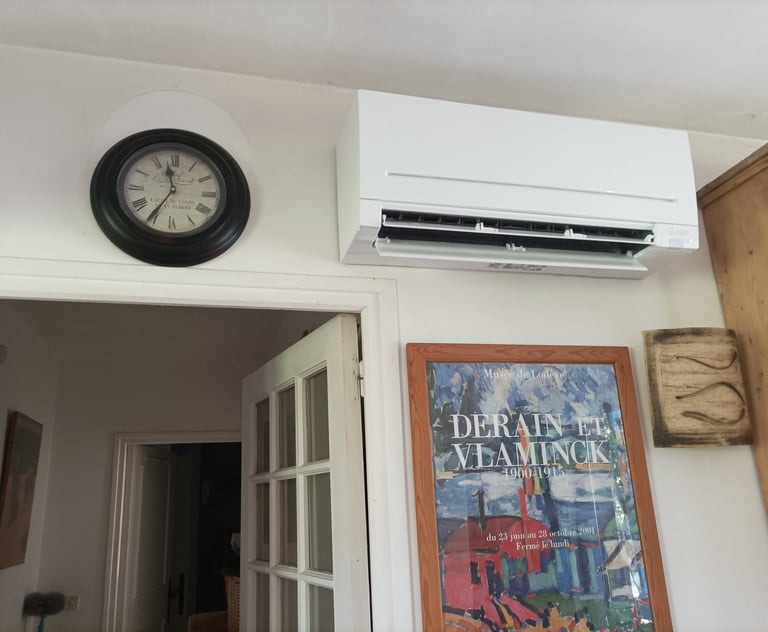

But , in spite of air conditioning, we still take special measures to cope. It is common sense to shut out the sun at all times, even if this is counter intuitive to someone from northern England. And so closed shutters and blinds are de rigeur. But then for most of the summer we have opened windows at night to bring cooler air into the house. But as outside temperatures currently hover around 30C all through the night , windows remain firmly closed. As for the chores that must be done: the earlier the better. And if we can put them off, then I shall not object.
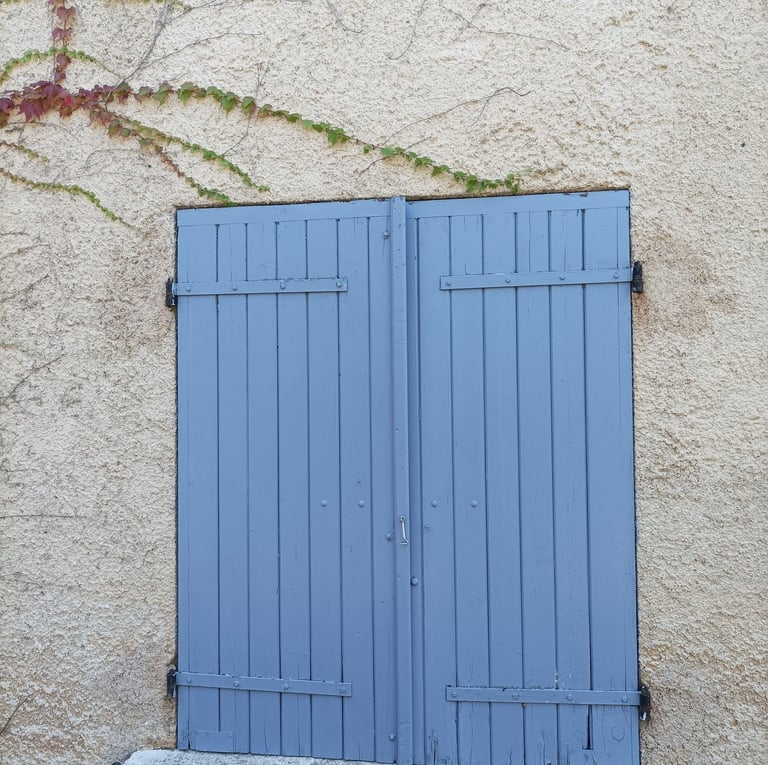

But we are not alone in the forest. How are others coping? I occasionally see small birds flitting between the trees so I know that they are still there. But they remain safely in the shadows, as does the blackbird who normally hops around the "lawn" in search of an early morning snack. But we do currently have an additional avian visitor. It is the golden oriole, who normally resides in the valley close to the river. We know him by his long clear liquid call , that begins like a wolf whistle. At other times we might see him dart across our path as we descend to the road...a flash of yellow that can be mistaken for no other. We speculate that this lovely bird has come in search of water from our pond, for the river flows no more.
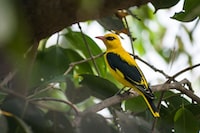

Even the industrious ants that normally march around the borders of the pool have withdrawn their labour, and the cicadas have mostly fallen silent too. Poor things, their lives above ground are limited to mere weeks, and it is normal for them to disappear around mid August. But we do occasionally see small lizards , those cold blooded creatures, soaking up the sun as they dart across the patio. But Léo, who might normally give chase , is nowhere to be seen. He has found the coolest spot of all in which to pass away the hottest hours of the day. He is in the 'sous sol,' the dark space underneath our house, and will not emerge until evening. That doesn't seem such a bad idea!
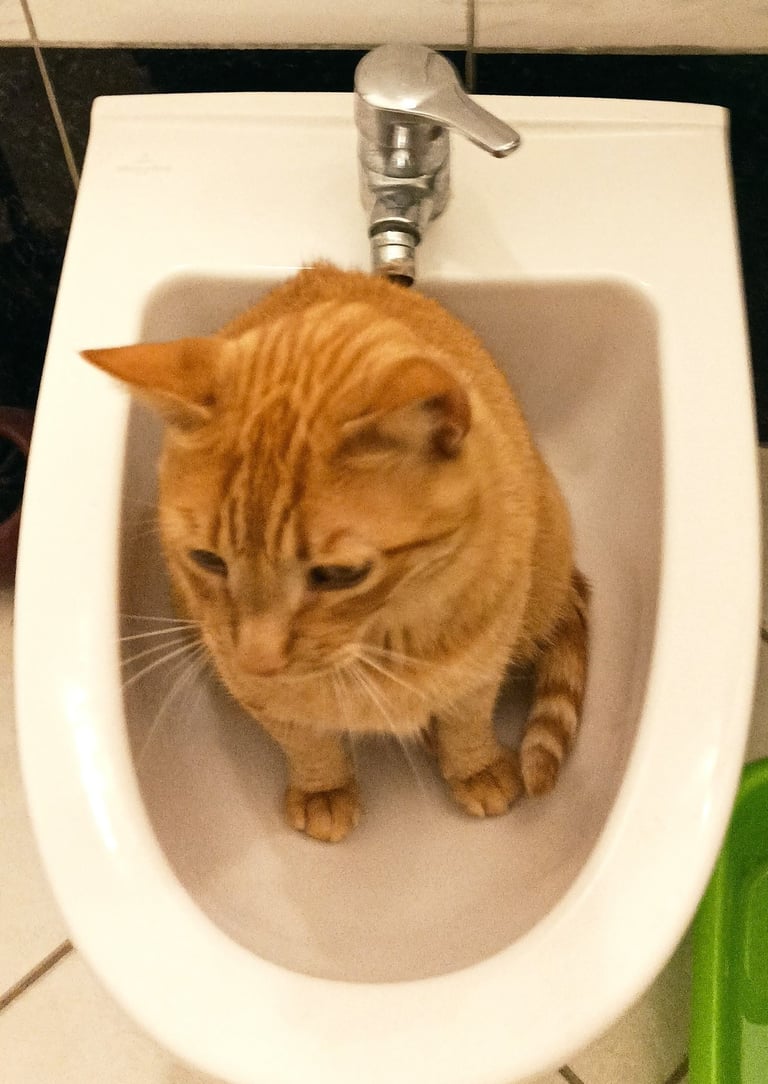

Some trees and shrubs are suffering too. Like these Photinias and Elaeagnus with their drooping leaves. Some younger shrubs are even turning brown and withering. To water everything would be such an enormous task, and we can only hope that they will revive when the rains return. Even some of our oak trees , which normally are the last trees in the forest to show their autumnal colours, are turning red and gold.
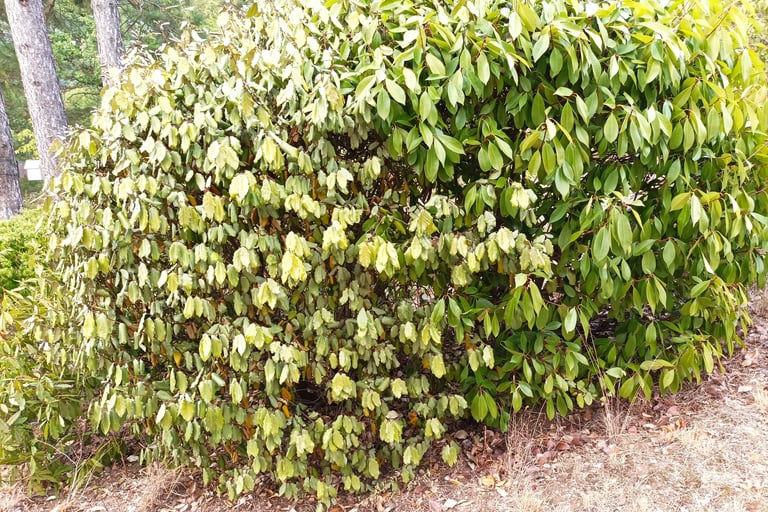

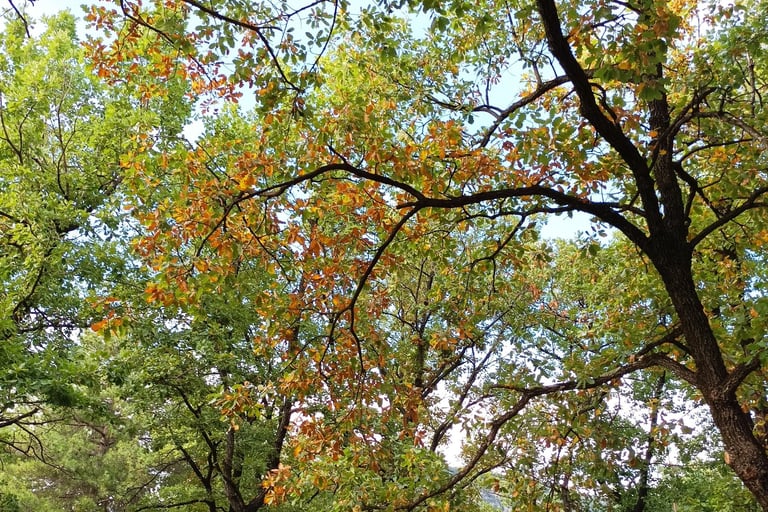

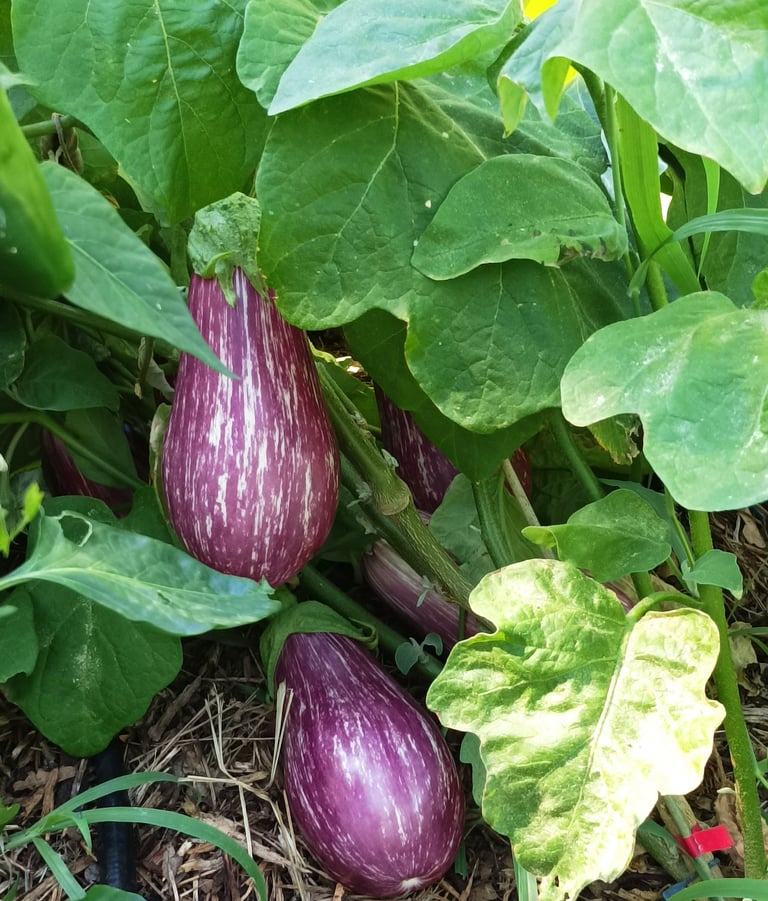

But one thing that will be watered is our potager with its burgeoning tomatoes and aubergines . In spite of heavy restrictions watering is permitted in the early morning and the supposed cool of evening. Judging by the size and quantity of our veg this year, our automatic watering system, fed from our 180 metre deep 'forage,' is working well. The only problem is, one has to find the energy to process this abundant crop .
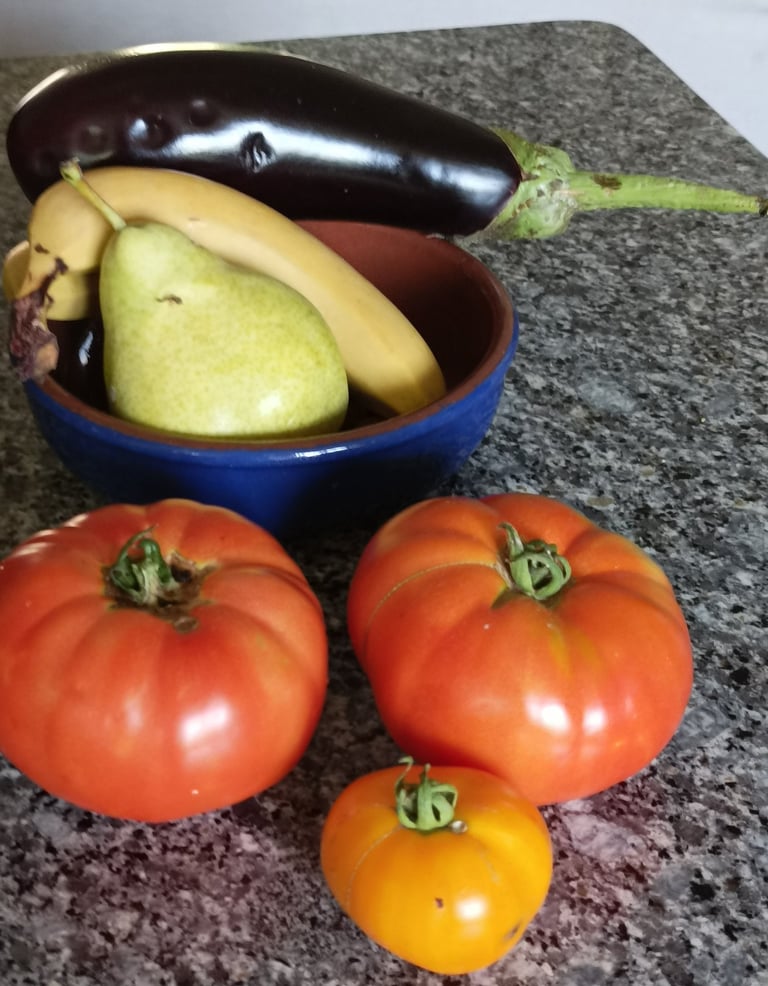

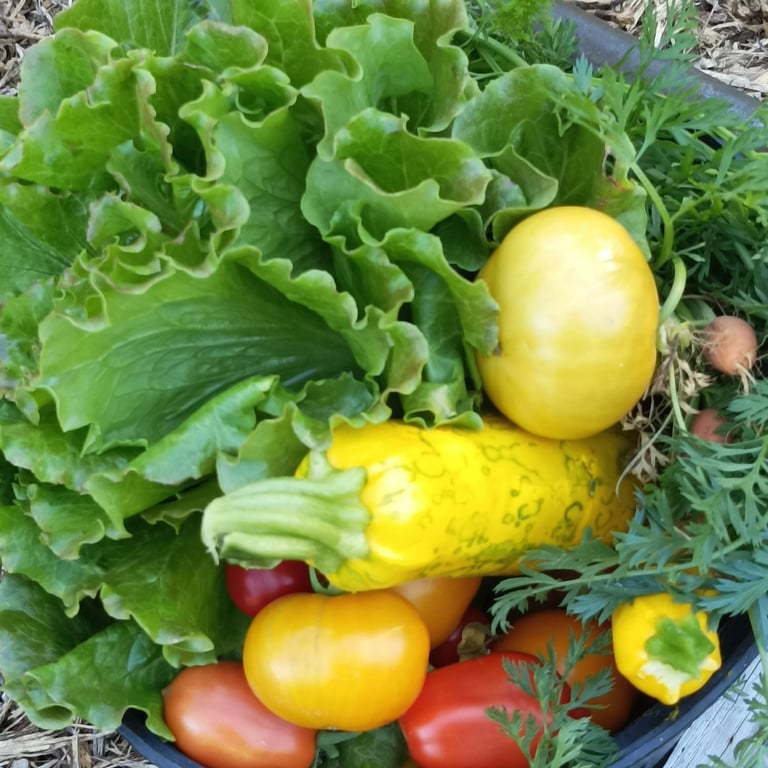

It is now 2p.m. and the sun is high in the sky. The outside temperature reads 38C and is still rising. The heat feels dry and intense, and reminds me of the time we spent in The Kalahari Desert where the air was so hot it seemed to shimmer, and the cicadas sang with a metallic type intensity that I shall never forget. But this is Western Europe, not the African desert. What's more in Africa we slept in a simple lodge with thatched roof, and air conditioning was out of the question. But the sun went down much earlier and the evenings were relatively cool. Here the heat seems relentless. The district nurse called earlier this morning, and we were reminded that many people still have to go to work. If these conditions are going to prevail perhaps there should be a rethink about summer working hours and conditions. But for us fortunate retirees it's time for a siesta.

